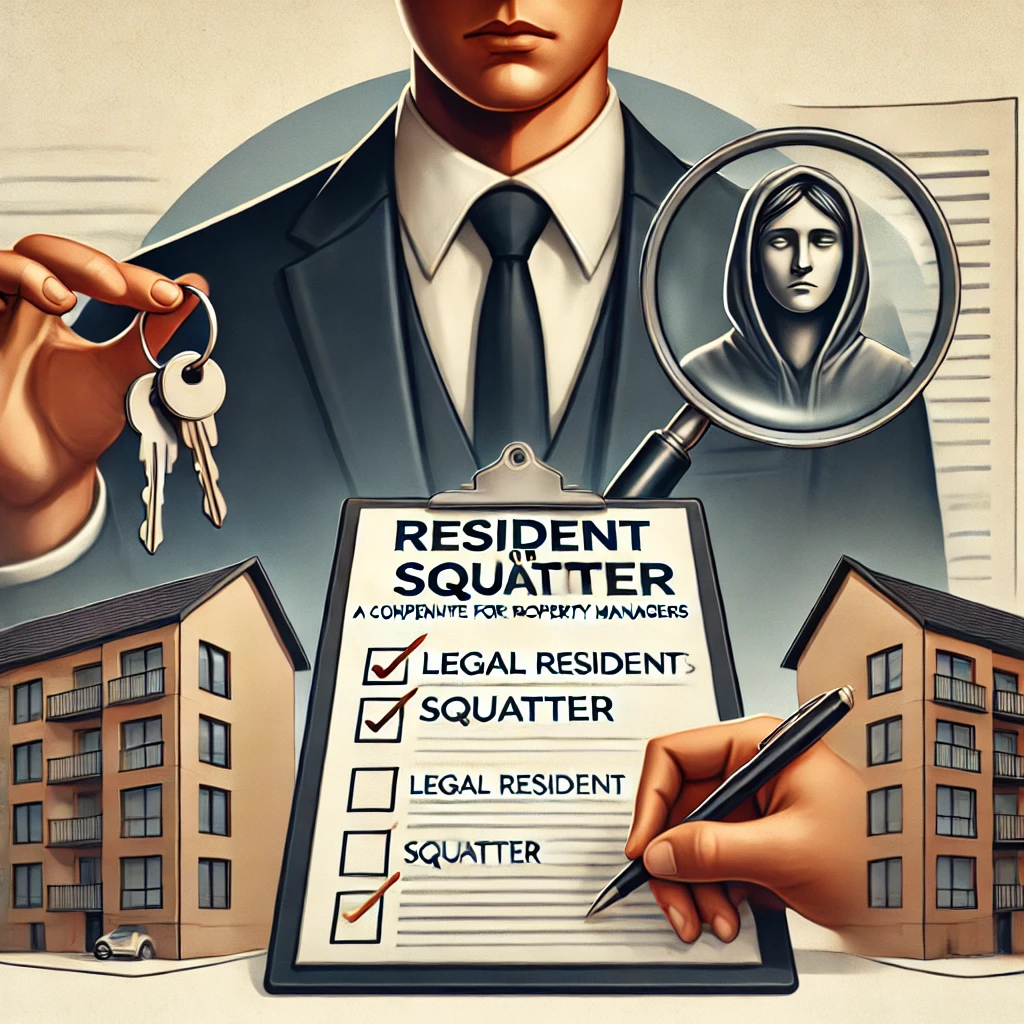Resident or Squatter: A Comprehensive Guide for Property Managers
Frequently asked
questions
We understand that the eviction process can raise many questions. Below are answers to some of the most common questions we receive from property managers, real estate investors, and hedge funds.
-
How long does the eviction process take?The timeline can vary depending on the specifics of the case and the court schedule. On average, the eviction process in Georgia can take anywhere from 30 to 45 days from filing to tenant removal.
-
What documents are required to start the eviction?You'll need the lease agreement, any notices you’ve provided to the tenant, and a completed eviction form. Our team will guide you through gathering all the necessary paperwork.
-
Do I have to attend court for the eviction?In most cases, yes, you or a representative will need to attend the hearing. However, Local Evictions LLC can assist with preparing your case and making sure you’re fully prepared for court.
-
What happens if the tenant refuses to leave after the eviction order?If the tenant refuses to leave, we will coordinate with the local Marshals to enforce the court’s order and oversee the setout process to legally remove the tenant and their belongings.
Get A Free
Consultation
What Our CLients Said
We used Local Evictions for two setouts we had. Will and his team did a great job. Very professional and great communication! We look forward working with them more in the future. Will absolutely recommend them! Thank you for your help!
Martha Zeidan
Will at Local Eviction did an absolutely incredible job. I couldn't have done this eviction without him. He dealt with a completely insane family we had to evict with complete professionalism. I'd recommend Local Eviction to anyone. They are communicative, on time, courteous, and thorough. If you have a tough eviction, talk to Will.
Andrew Glavan
I used Will and his team for a recent tenant eviction … it could not have gone smoother !! They arrived early, got the job done, and were very professional. Would highly recommend them
Ronnie Barnes


